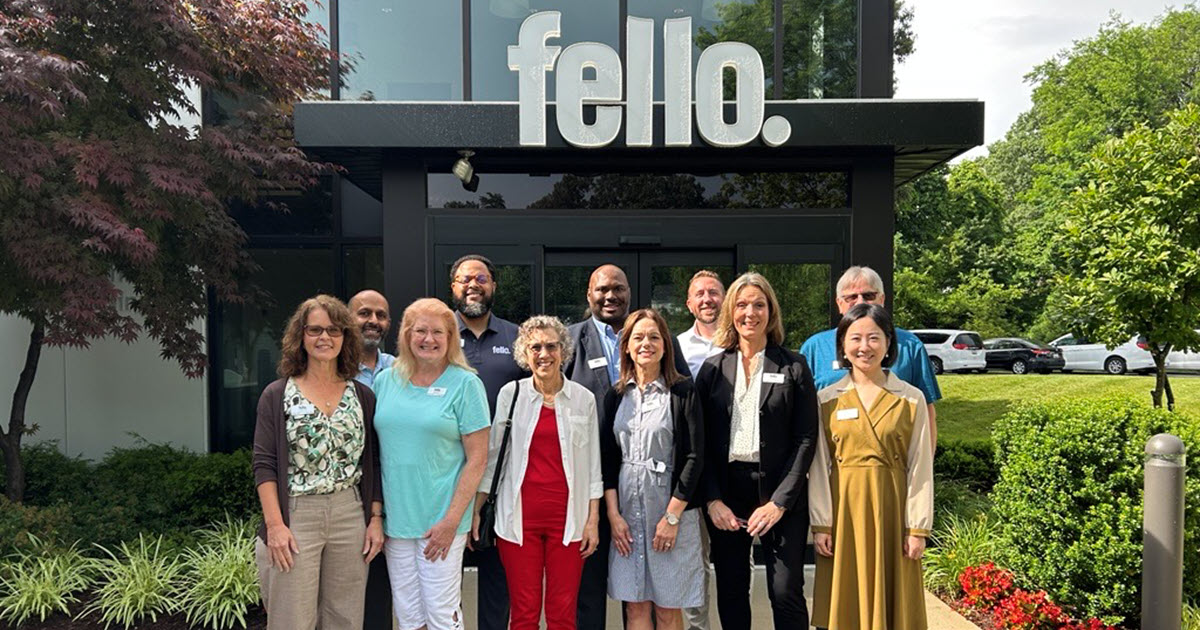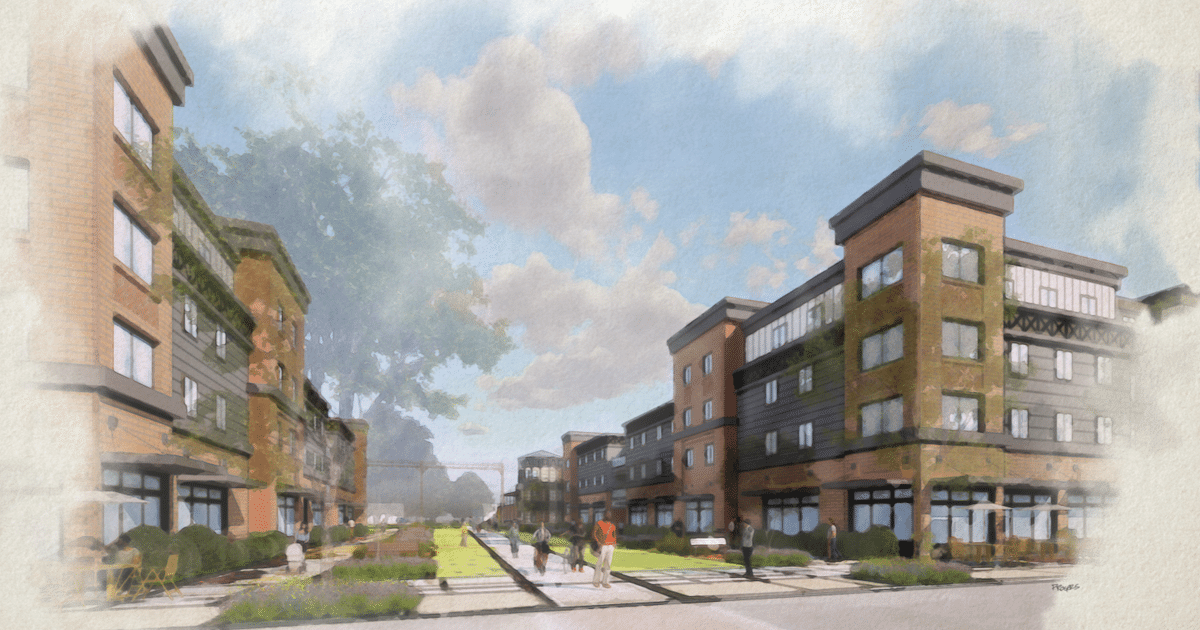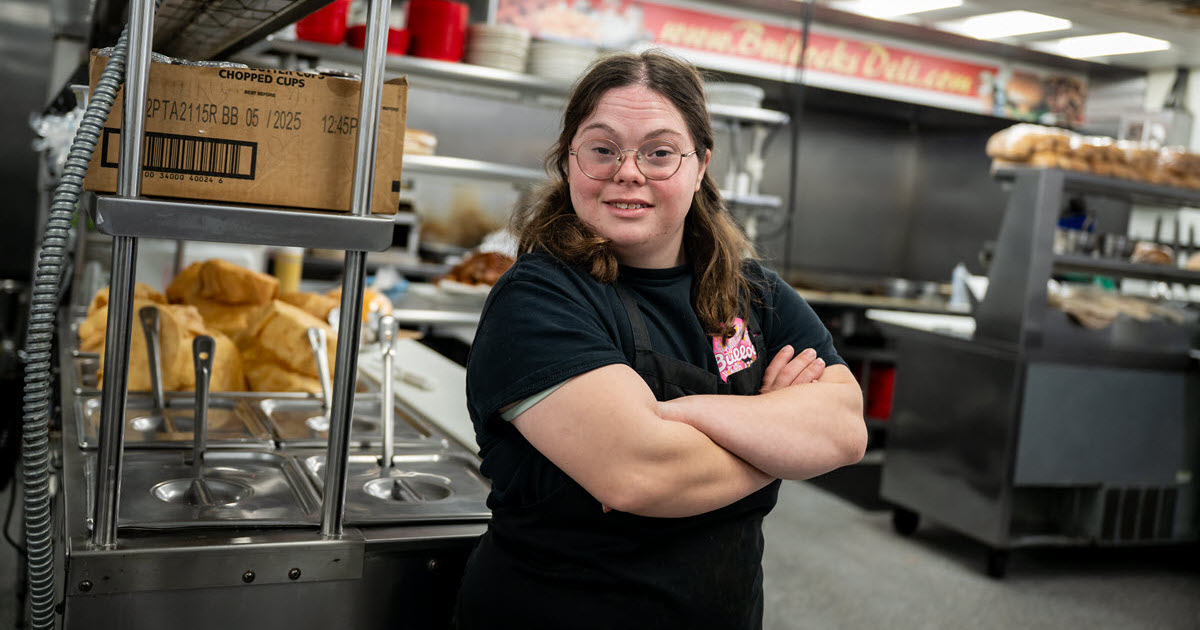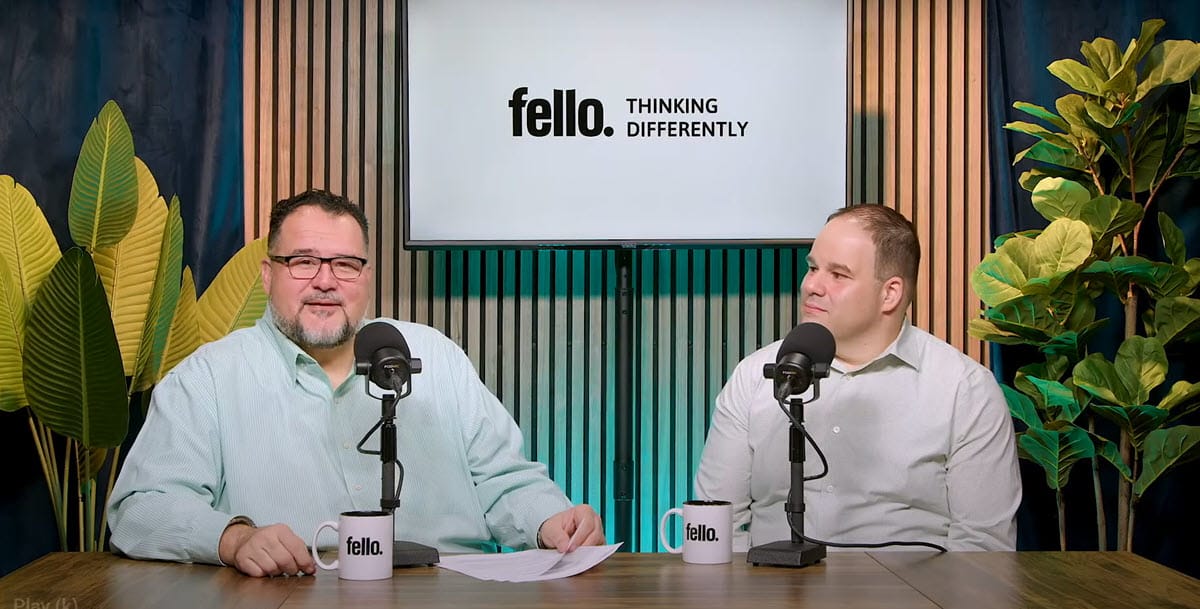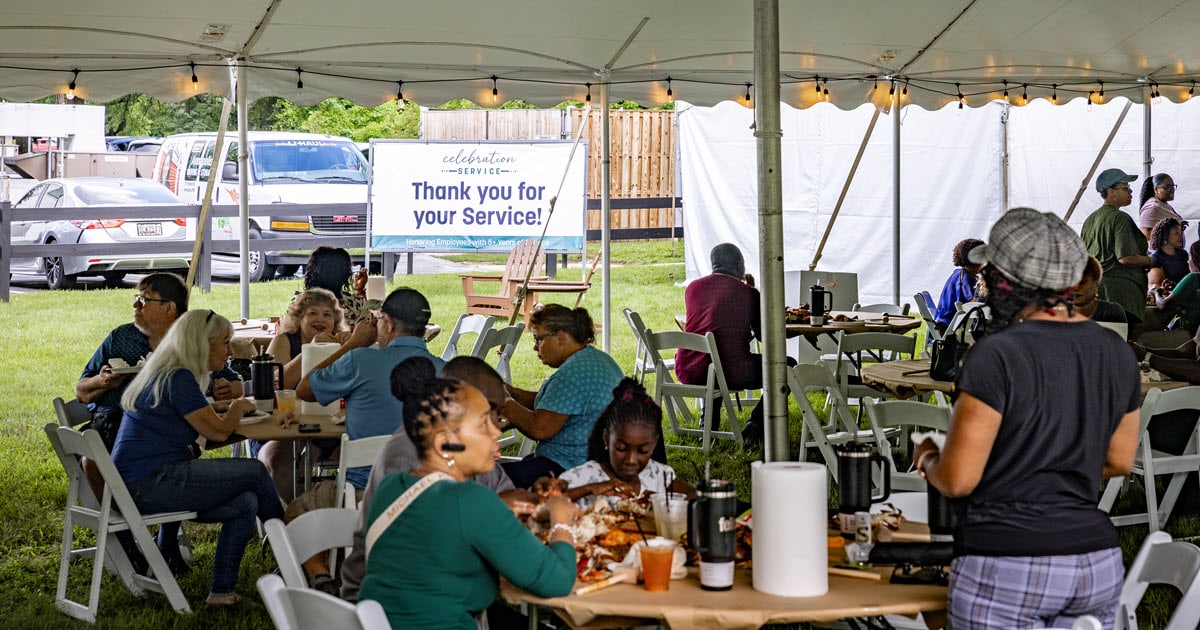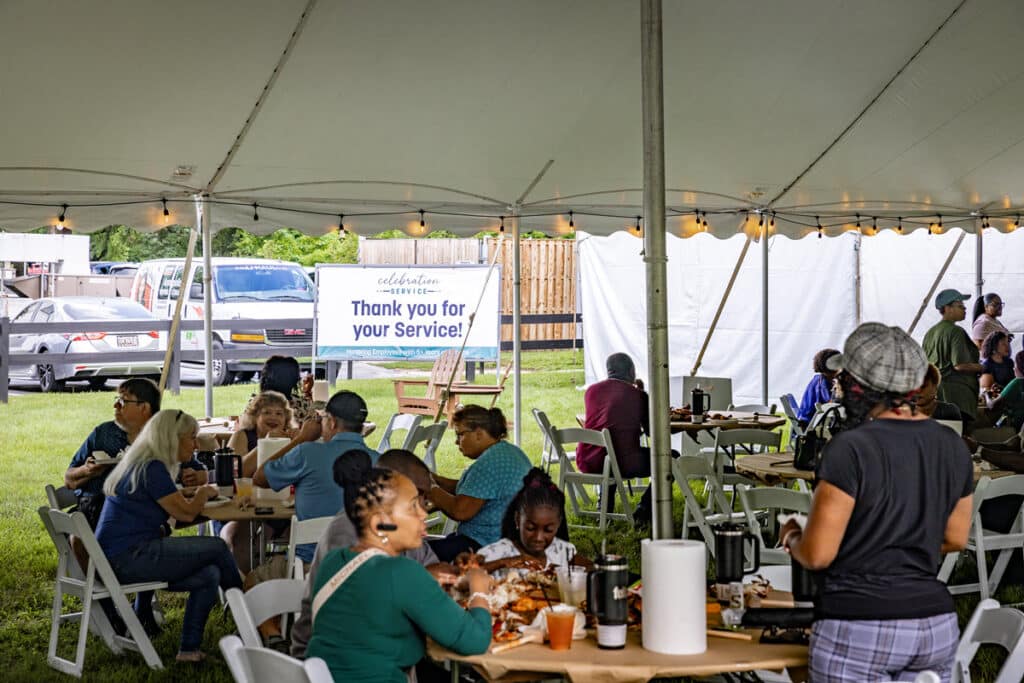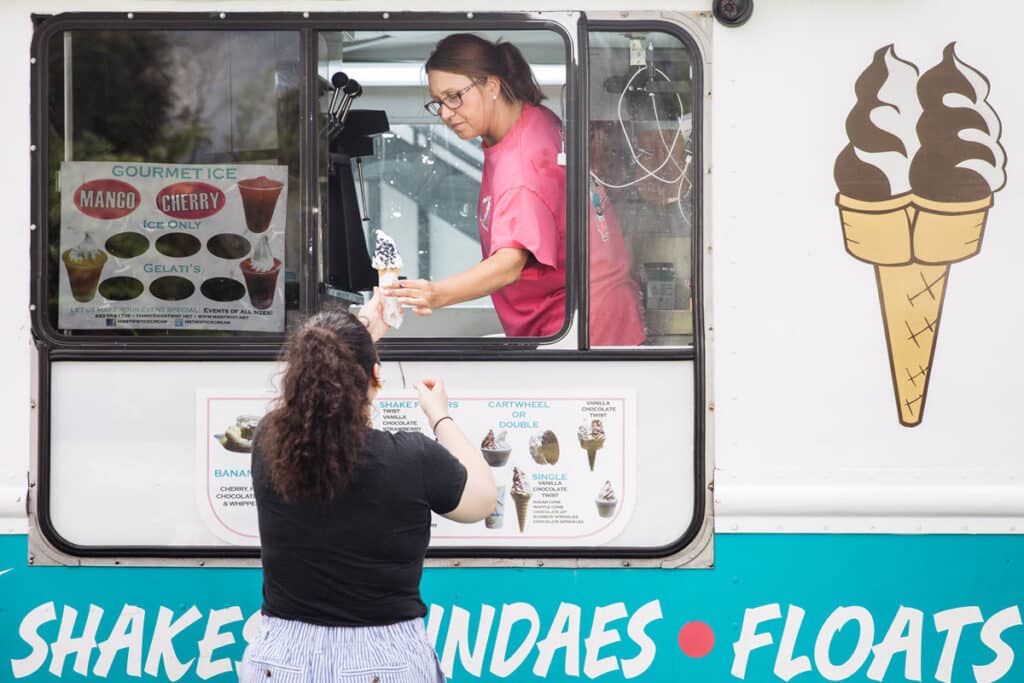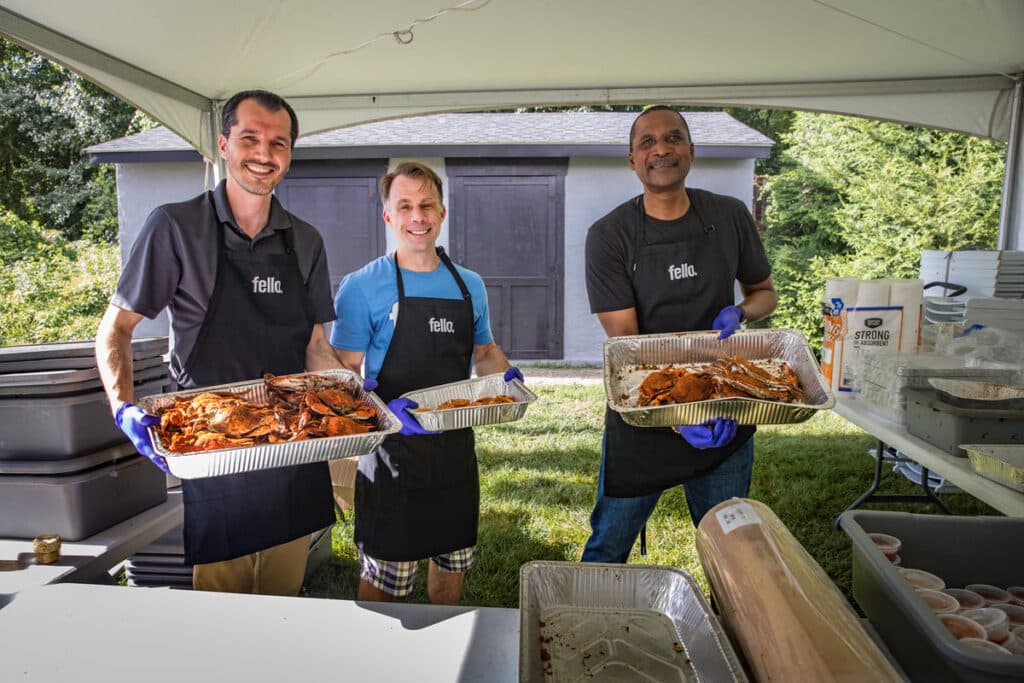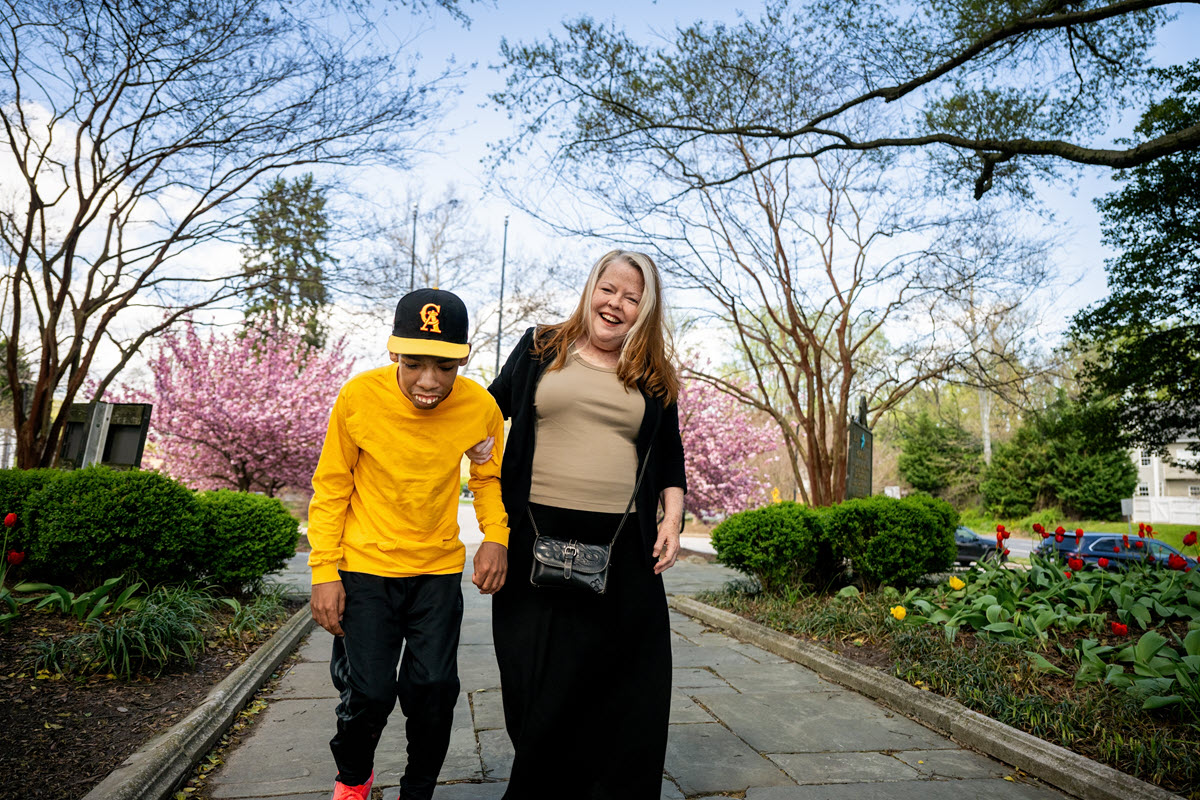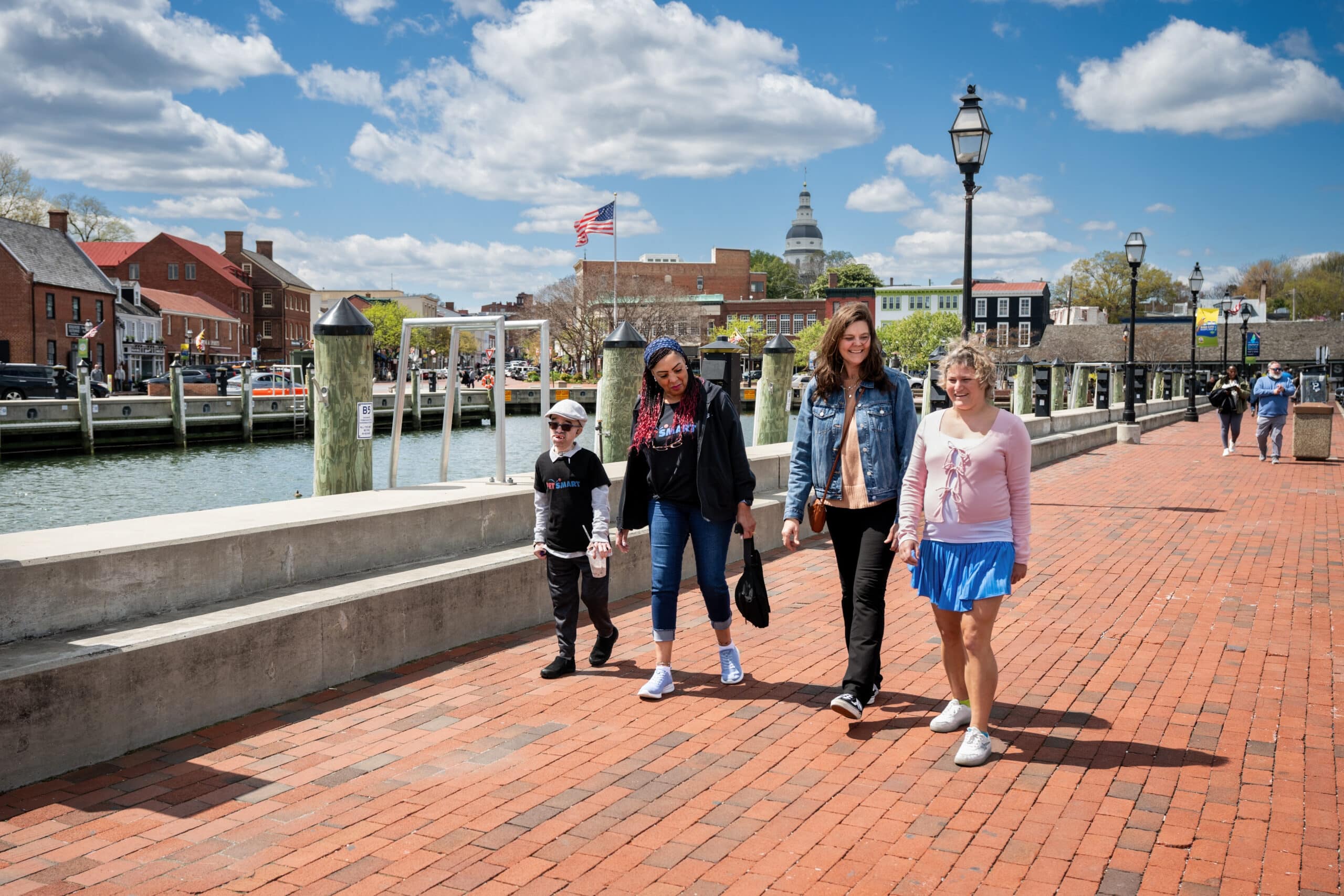From the moment we launched our new name and brand, the response has been overwhelmingly positive. Community members, partners, families, and team members have shared how much they appreciate the clarity and purpose behind the change. For many, Fello already feels like more than a new name—it feels like home.
Celebrating with the Community
To mark the start of this new chapter, we hosted open houses at our Fello Easton and Fello Linthicum locations. These events gave us the chance to connect face-to-face with the people we serve, our neighbors, and community members.
These open houses were a chance to meet people where they are, answer questions, and start conversations about what Fello means and where we’re going, together. We’re proud to say that people get it. They see the vision, understand what we’re building, and they want to be part of it.
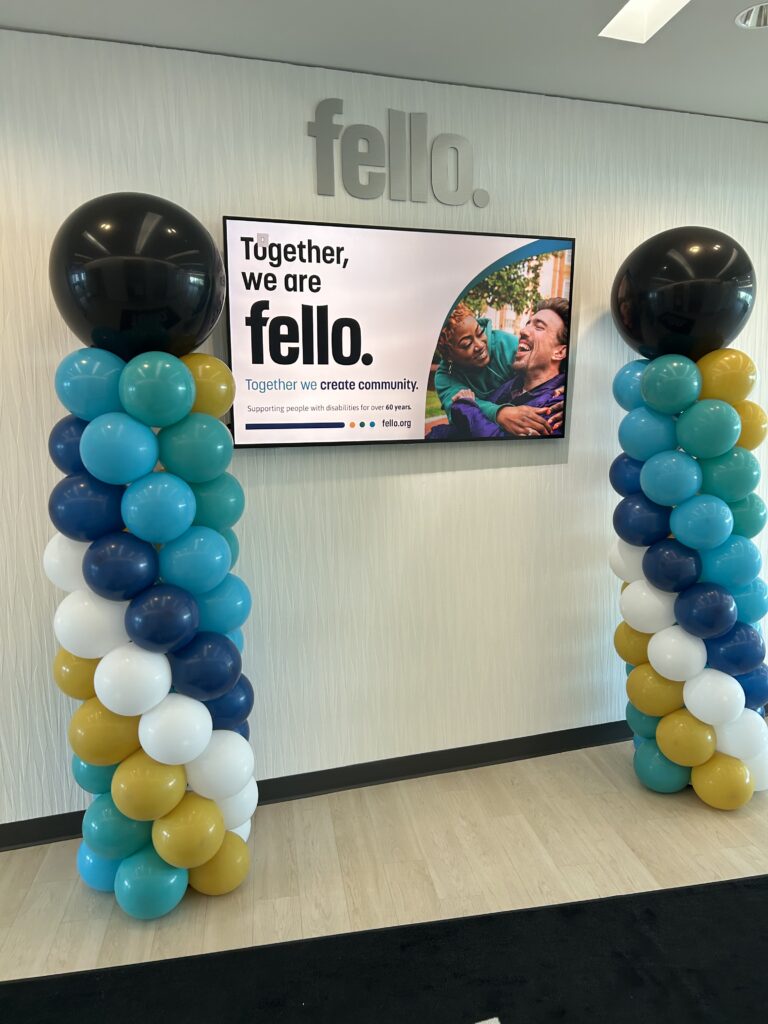
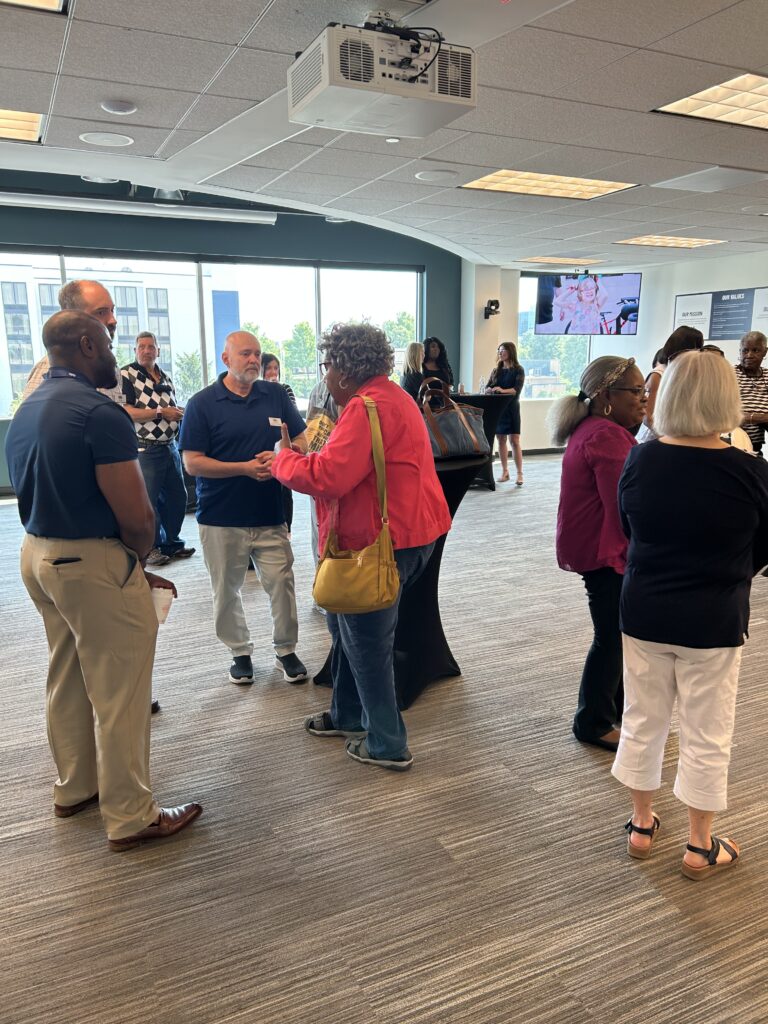
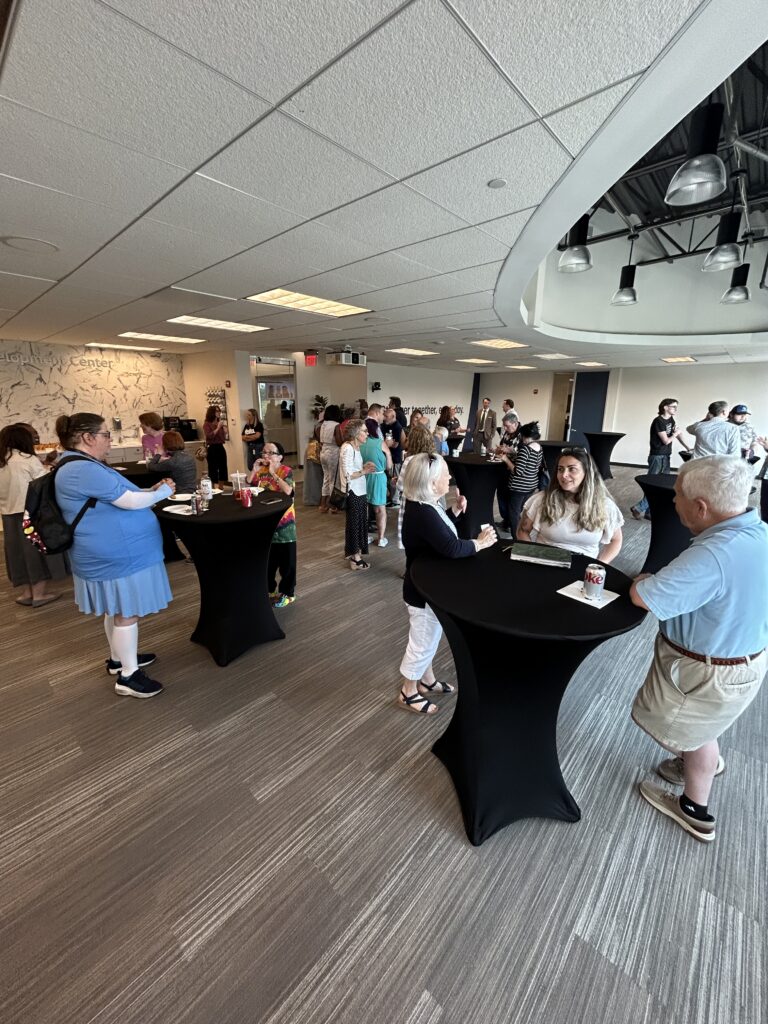
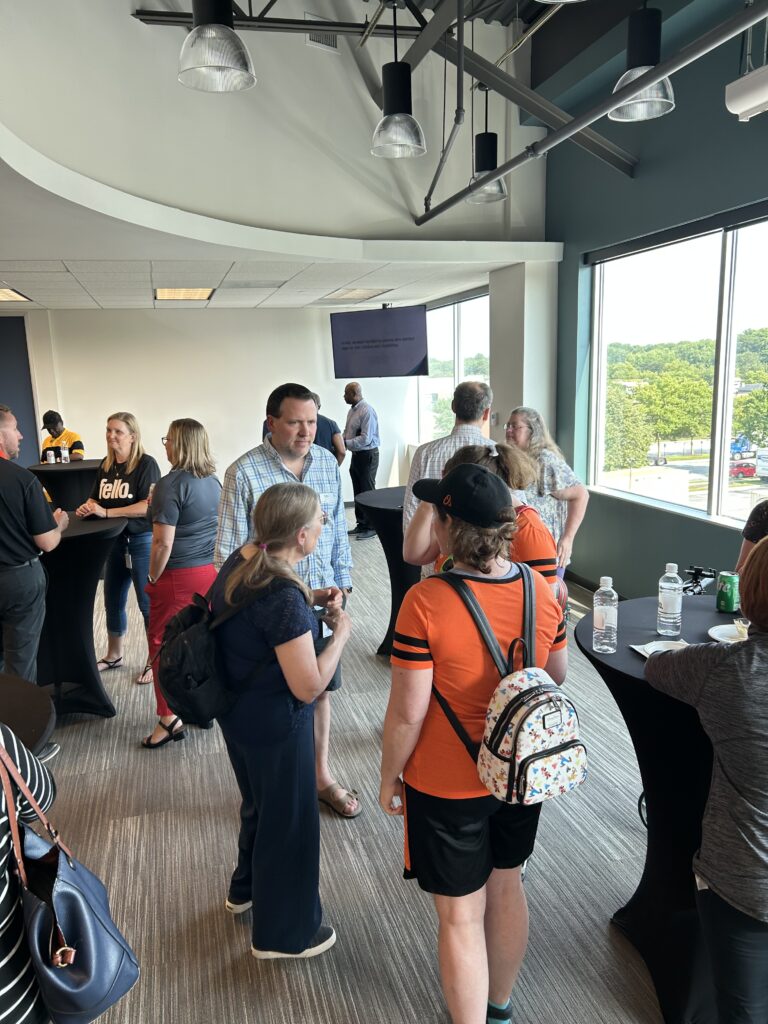
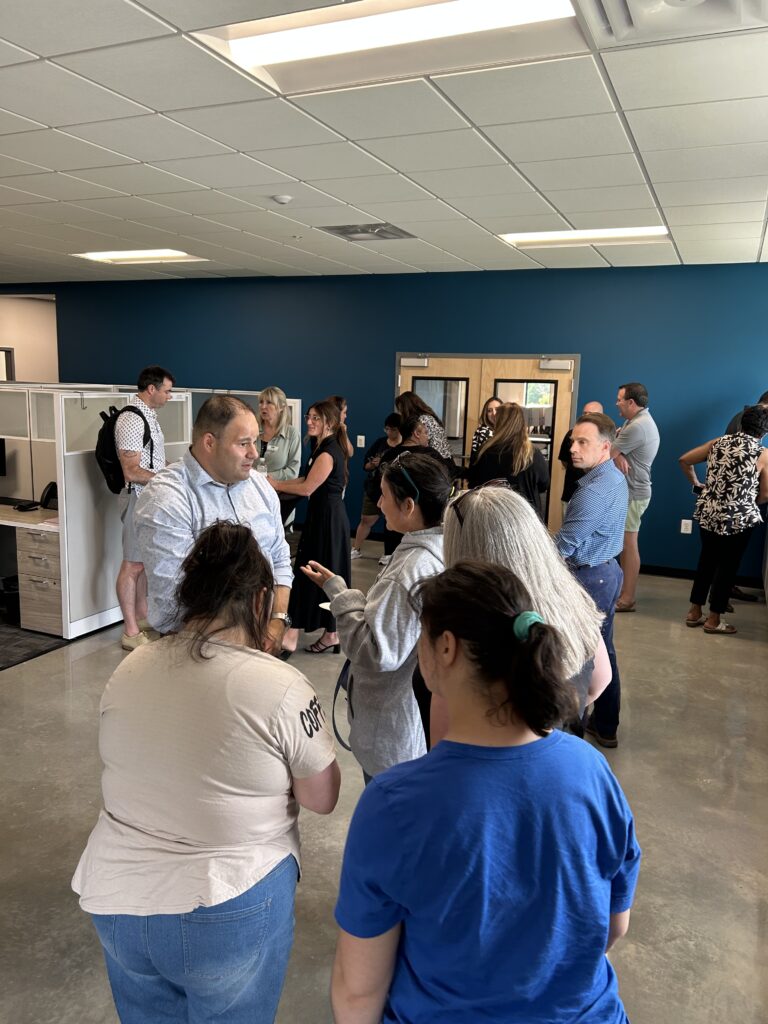
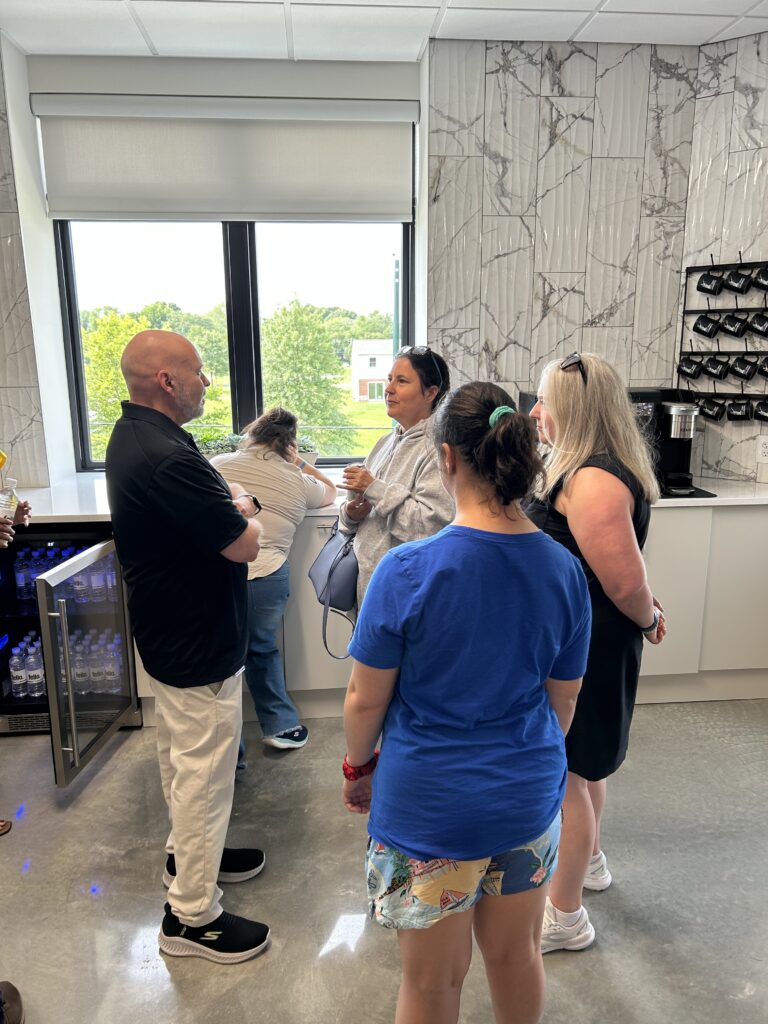
Why the Change?
Changing our name was never just about a new logo or name. This transition to Fello was about making our mission clearer, our work more connected, and our vision more focused on the future we’re building together.
The name Fello speaks to who we are: a community where people belong. A place where services, housing, and opportunities are built around each person’s unique goals. Becoming Fello allows us to show how all the parts of our organization work together to create communities of connection, possibility, and inclusion.
Now, one month in, we’re already seeing how the name Fello creates space for bigger conversations and bolder ideas.
What’s Next: Fello Thinking Differently, a Podcast
Fello Thinking Differently is one of the ways we’re connecting more deeply—with our community, our employees, and everyone curious about what makes Fello different.
Launched in June, this podcast offers real, honest conversations—not just about what we do, but why we do it. Each episode features voices from across Fello sharing the values, experiences, and big questions that shape our work. It’s casual, candid, and deeply personal—designed to bring people closer to the mission and culture behind Fello.
In our debut episode, Jonathon Rondeau, President & CEO, reflects on the transition to Fello, the evolution of our mission, and why thinking differently is essential to the future of inclusion:
“It’s important to think differently because people with disabilities need access and equity to services. Sixty-five years ago, kids with disabilities didn’t have access to education, housing, or other resources. While we’ve made immense change and created immense opportunities for people with disabilities, we need to think differently about how we help meet their vision of what their life looks like—not what other people think their life should look like.”
This podcast isn’t just a new channel—it’s a deeper invitation into what drives us. It’s a reflection of where we’re going next. Listen to Episode 1 now on Apple Podcasts, Spotify, or YouTube.
Future release dates: Stay tuned! We’ll be announcing upcoming episodes soon.
One Month In—and Just Getting Started
In our first month as Fello, it’s clear the new name and mission are already making an impact. We’ve laid the groundwork for deeper engagement, stronger partnerships, and a more connected approach to housing and services. This is just the beginning—Fello is built to grow, evolve, and keep pushing forward. And we’re ready to do it together.


